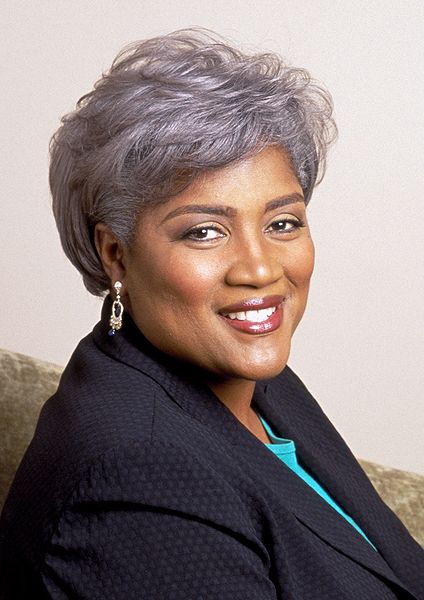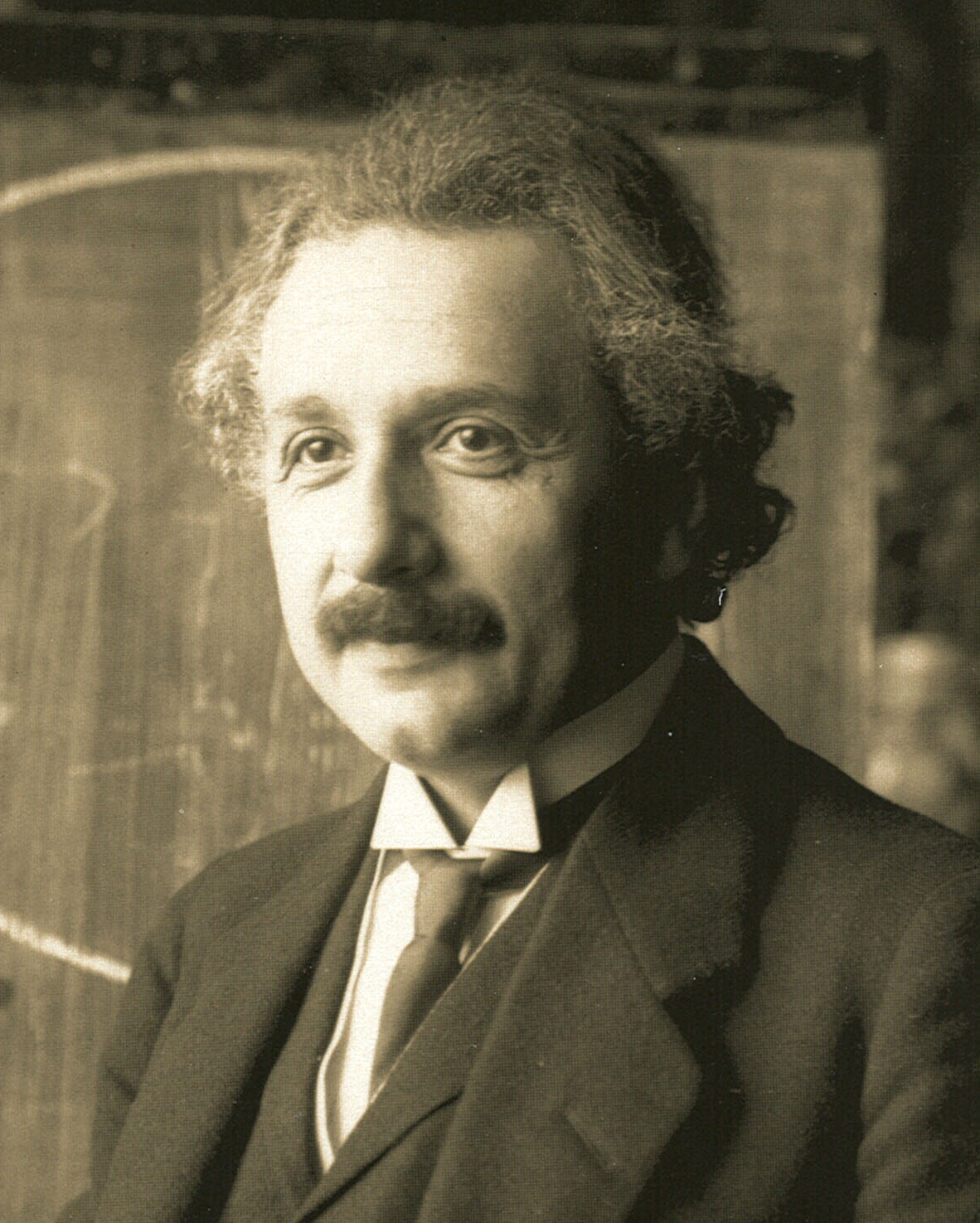Oil giant BP announced a new plan to staunch the high-pressure oil geyser befouling the Gulf of Mexico, they call it the Top Hat. The Top Hat is a slightly […]
All Articles
While Matt Gross writes a column called the Frugal Traveler for the New York Times, it doesn’t mean he keeps to a strict budget when he’s on the road. To […]
There are rare moments when I read a story in the news and feel like I am reading my own writing. It happened again yesterday when I read a piece […]
Beginning Friday, shoppers at more than 6,000 drugstores will be able to pick up a test to scan their genes for a propensity for Alzheimer’s disease, breast cancer, diabetes and other ailments.
Stephan Faris writes that “it seems unrealistic to base policies on the expectation that asymptomatic HIV-positive youth will permanently abstain from sex.”
Are certain elements of music hard-wired into our brains? If there are universals in how we perceive music and respond to it, our musical sense might have some adaptive value.
The cost of Wall Street’s most recent innovations can be measured in the trillions of dollars. But they have also damaged the whole notion of financial innovation.
New research indicates that paternal mice that physically interact with their offspring grow new brain cells and form lasting memories of the babies.
Last Thursday, May 6th, the Dow Jones Industrial Average fell 1000 points in a matter of minutes and we still don’t know why it happened. Heidi Moore investigates.
“Couples in lasting marriages have at least five small positive interactions (touching, smiling, paying a compliment) for every negative one (sneering, eye rolling, withdrawal).”
A number of new therapies have been developed for the treatment of chronic pain. Most borrow from the field of anesthesiology and share a goal of preventing pain signals from reaching the brain.
Over the weekend BP’s latest effort at stanching the Deepwater Horizon oil spill failed. The New York Times asked five experts to weigh in on what might now be done.
Nathaniel Rich writes that Ray Bradbury’s best stories are “have a strange familiarity about them. They’re like long-forgotten acquaintances—you know you’ve met them somewhere before.”
When veteran journalist Daniel Okrent joined the New York Times as the newspaper’s first public editor in 2003, he entered a newsroom reeling in the wake of the Jayson Blair […]
The Braille system is one of design’s most ingenious feats. Today, designers are using it to bring more ease and joy into the lives of blind people in everything from mundanity to playtime.
Today marks the second installment of Big Think’s newest series, “Moments of Genius,” which is sponsored by Intel and focuses on key discoveries by math and science leaders. In our […]
The word genius tends to get thrown around pretty liberally these days, especially when everyone from Bob Dylan to Mike Myers has been tagged with the superlative. But in an […]
New drilling techniques have driven down the price tag of harvesting natural gas from shale—and set the stage for shale gas to become what will be the game-changing resource of the decade.
Researchers have determined that the protein long suspected of being the “master switch” allowing brains to operate does indeed have that function.
“What constitutes status and sex appeal in the land of the eternally wireless?” Ellen Ruppel Shell thinks it may be the ability to take time away from technology-enabled distractions.
We’ve spent plenty of time discussing how the Internet is changing the way we read, the way we communicate, and the way we fall in love. But how is the Internet changing the way we eat?
“Lawmakers need to demand that regulators show a real commitment to policing the banking and mortgage industries,” writes Michael W. Hudson.
Emily Bazelon thinks that the youth and judicial inexperience of Elena Kagan, President Obama’s selection to replace Justice Stevens on the Supreme Court, make her a good choice for the job.
Until the Pakistani military truly takes on a more holistic view of the country’s national interests, the country will continue to be a hotbed of terrorism, writes Fareed Zakaria.
For Obama to turn Gulf oil spill crisis into an opportunity, John Heilemann thinks he may have to embrace the expansion of nuclear energy.
“Globish” is a highly simplified form of English, without grammar or structure—but perfectly comprehensible. Robert McCrum writes that it is the language that unites us.
“Fake medical treatment can work amazingly well,” writes Rebecca Tuhus-Dubrow. Members of the medical community are increasingly asking whether they should put placebo treatments to work.
Nobody likes a showoff, China, and now that you’re rising like the sea level during a tsunami, the world’s nations are trying to put you down. Will the world ever […]
Testing for creativity, and its corresponding physical attributes in the brain, requires defining the term, but creativity is not so easily broken down.
The Journal of Cosmology has gathered responses from the scientific community to Stephen Hawking’s warning about colonial aliens—one biologist even wrote a limerick.







